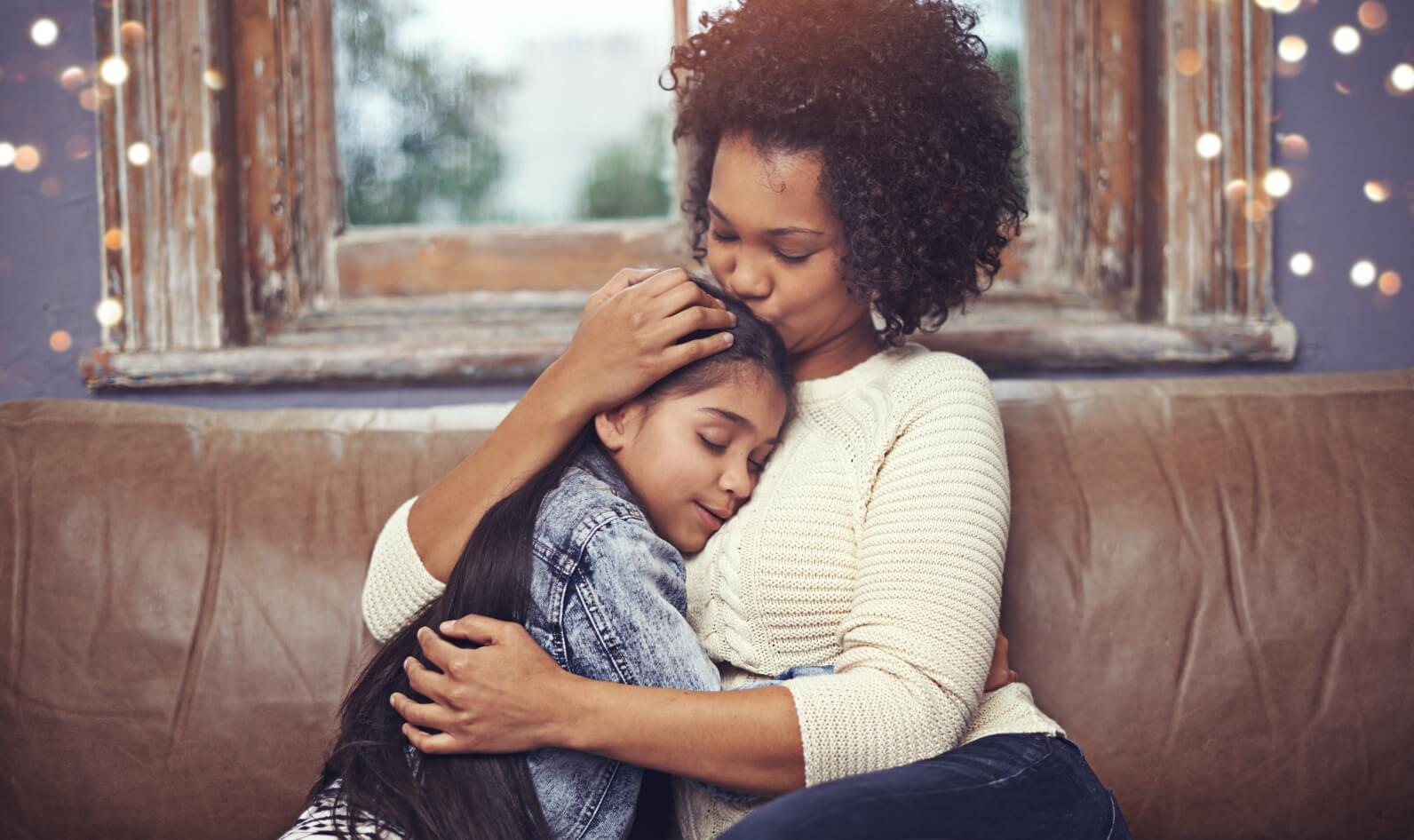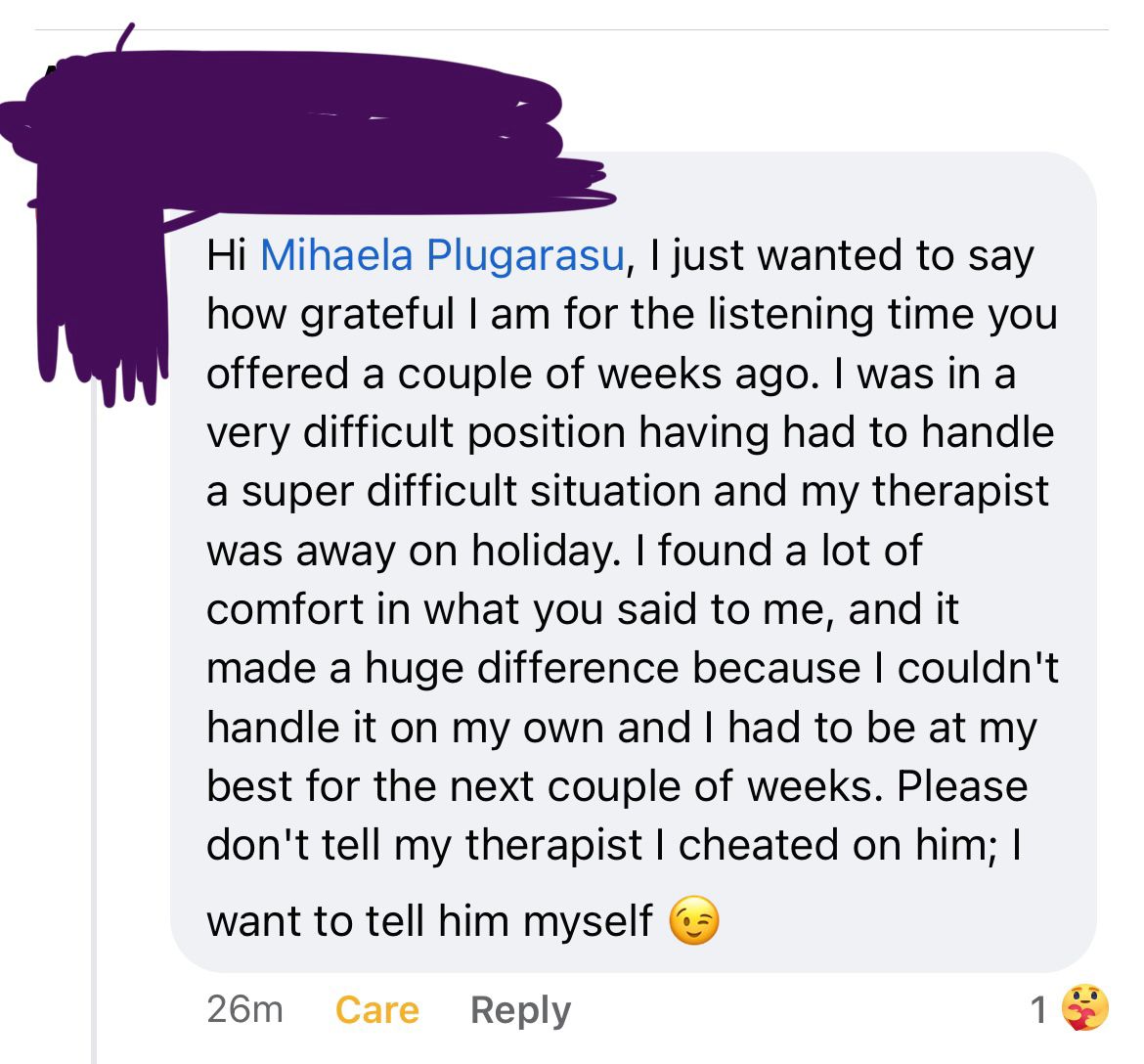With the war in Ukraine becoming our daily news for the past 7 days and a global pandemic still in development, parents and children are equally worried, if not frightened.
The human brain has an innate need for CERTAINTY. Humans can tolerate uncertainty for small periods of times, but when prolonged and unsupported, it becomes a source of chronic stress and psychological dis-regulation. In a nutshell:
Certainty/ Safety = Brain Energy Is Used to Grow & Thrive
Uncertainty (prolonged) = Brain Energy Is Used to Survive & Self-Protect. Cognitive functions shut down.
Depending on a child’s age and their media exposure, parents must be prepared to support their children more than ever before. The world we live in today is overwhelming for adults, let alone for young children.
Here’s a list of behaviors in children that tell you: “My child is overwhelmed, can’t process his/her emotions and needs my help“
- frequent tantrums
- doesn’t follow the bed routine; can’t fall asleep easily; wants to sleep in parents’ bed
- refuses to do homework; doesn’t care about grades
- lost interest in hobbies or social activities
- social media/TV/digital addiction (reality escapism)
- rudeness of language
- heavy crying for very young children
- siblings aggression
- withdrawal (lock themselves in their room; don’t want to talk about anything)
- defiance
- lost interest in personal hygiene and appearance
- fear
- overwhelm
- worry
- stress
- loneliness
- isolation
- guilt
- shame
- hopelessness
- powerlessness
- despair
- sadness
- Lots of LISTENING without judgement, interruption or fixing the situation. Make your home a safe space for emotional downloads, so the brain can regain access to higher thinking abilities.
- Lots of Child-Led PLAY. Follow your child’s lead in play. Take the less powerful role. Let yourself be silly. Don’t make the rules. Don’t judge the rules. Just follow their lead and connect. Laugh a lot. No tickling!
- Allow the crying, the complaining, and the whining without taking it personally. It’s not about you. It’s an emotional offload- much needed.
- Focus on the long-term game of parenting: CONNECTION. Unless you’re facing a life and death situation and you must keep your child safe, pause before you yell, threaten, walk away, or dis-engage.
- Stay consistent with routines and limits, but have flexibility of mind as needed. Routines create a sense of predictability, which creates safety and higher tolerance to uncertainty.

